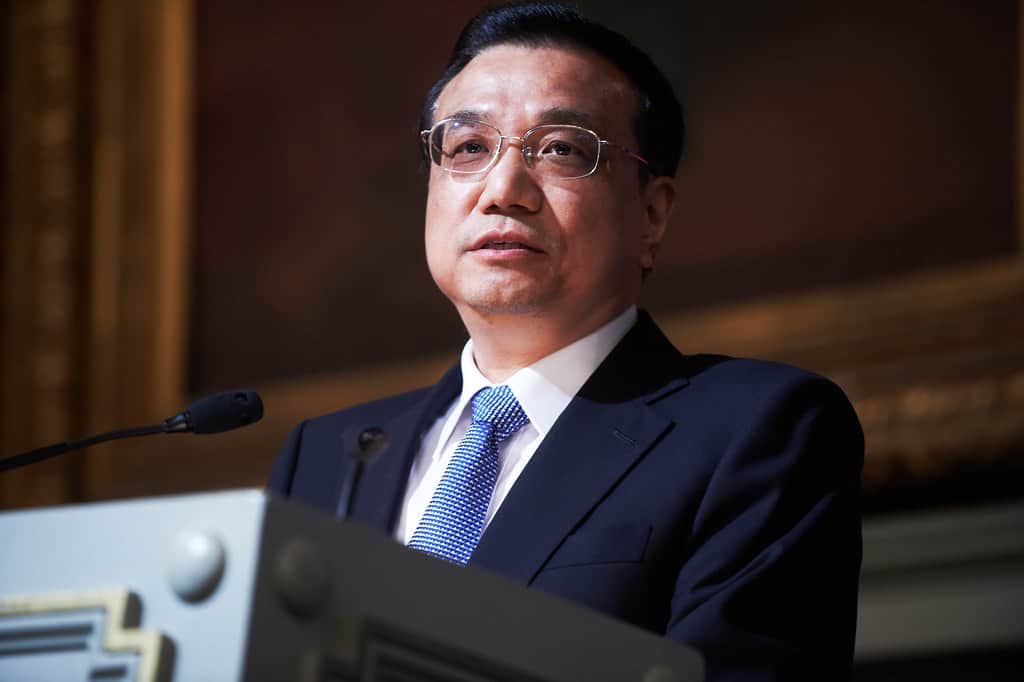China’s senior-most government authority has outlined a raft of key missions for preserving the health of the Chinese economy amidst the country’s ongoing efforts to contain the spread of Covid.
A meeting of the State Council convened by Premier Li Keqiang on 23 November said that it would “deploy and effectively seize and implement the raft of economic stabilisation policies and subsequent measures to ensure their effective and comprehensive realisation, and stabilise the foundations for the steady improvement of the economy.”
To this end, the State Council had made the decision to send supervisory work teams to China’s regional areas, in order to “expedite the pragmatic implementation of policies and measures that have already been unveiled.”
The State Council meeting outlined a total of six missions for the Chinese economy moving ahead:
- Adjustment mechanisms to ensure the continued effective operation of key projects, driving accelerated funds payment and development of key projects, driving private enterprises and other social capital to invest, and creating more substantive work volumes before the end of the year. Strengthening supervision and regulation and creating secure, quality projects.
- Upgrade and improvement of capital equipment. On the foundation of fundamental completion of loan agreements, shifting the key work focus towards issuance of special re-loans and allocation of fiscal discounts. Supervising and expediting accelerated purchase and improvement of capital equipment.
- Stabilisation and expansion of consumption. Supporting the continued, healthy development of the Internet platform economy, protecting smooth network connections for e-commerce and express delivery. Implementing city-by-city policies to support inelastic and improvement demand for housing. Driving the comprehensive implementation of special project loans for guaranteeing the delivery of housing developments, incentivising commercial banks to make new loans to guarantee housing delivery, and expediting the healthy development of the real estate market.
- Ongoing protections for the smooth operation of transit and logistics. Work mechanisms to ensure the smooth and effective operation of logistics must be continuously adjusted, to ensure the smooth operation of main trunks and micro-circulations. Protecting the regular operation of ports and other points of concentration and dispersal, and promptly opening up blockages. Maintaining the stability of industry supply chain linkages and import and export connections.
- Expanding the intensity of financial support for the real economy. Guiding banks to appropriately transfer profits for outstanding micro-and-small financial inclusion loans, continuing to effectively perform transit and logistics financial services, expanding the intensity of support for bond issuance by private enterprises, and implementing monetary policy measures such as appropriate cuts to the reserve requirement ratio when appropriate, in order to maintain rationally ample liquidity.
- Effectively performing dynamic monitoring of and providing aid and support to disadvantaged groups and unemployed people. Firming up the bottom line for basic living standards, expanding the intensity of regulation of late payments to rural and migrant workers, and ensuring prompt and sufficient payments.




